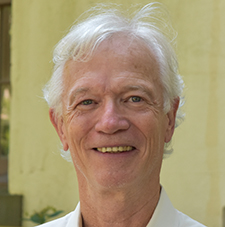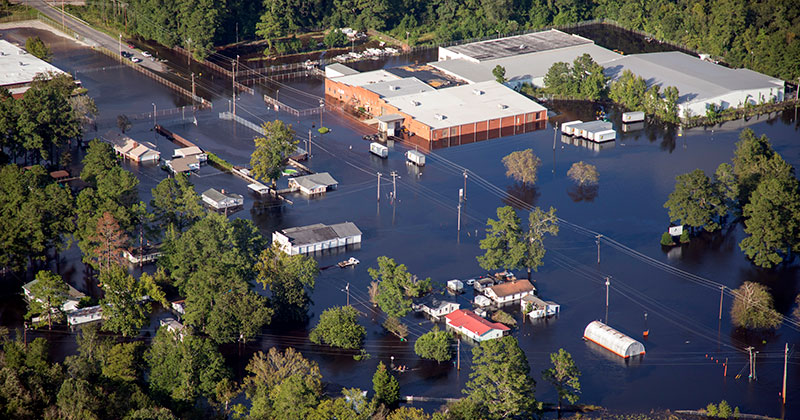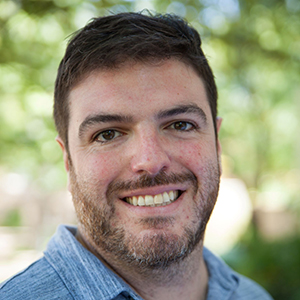Center for Resilient Communities and Environment
The Center for Resilient Communities and Environment (CRCE) engages communities in a process of understanding their vulnerability to acute and chronic natural stressors, particularly in an era of climate change, and works to quantify the risk from those stressors and develop strategies to strengthen community and natural system resilience. The Center brings together faculty and students from across the University to collect new data, synthesize existing information, and extend our understanding of how community social, ecological and physical systems work. The CRCE is led by Philip Berke, director of the Center for Resilient Communities and Environment and research professor in the Department of City and Regional Planning.

Philip Berke
Director, Center for Resilient Communities and Environment; Research Professor
pberke@email.unc.edu(919) 357-0239
Mission
Produce transformative research that offers solutions for more resilient and sustainable communities, translate this research to meet community needs, and create impactful learning experiences for students and the communities in which we work.
About Us
We seek to serve as a focal point at UNC that integrates interdisciplinary research on community resilience, engagement and service learning. We strive to support development of resilient communities that balance current human and environmental needs and those of generations to come; provide fair and equitable access to resources to improve the development of human capabilities and wellbeing; facilitate participatory, democratic decision-making; and support adaptive capacity to survive, respond and grow in the face of expanding social, environmental and economic threats.
Core Themes and Strategies
1. Transformative Research
- Foster collaborative networks of faculty and students working across disciplines to expand our understanding of the interaction between communities and their environments
- Create research-practitioner teams to identify and explore core questions and characteristics of resilient communities.
2. Community Engagement
- Foster and test new and emerging participatory methods.
- Cultivate local partnerships to build trust and capacity to translate knowledge to action.
3. Service Learning
- Contribute to place-based capstone courses and field site programs.
- Contribute to interdisciplinary degree and certificate programs.
Imagined Outcomes
- Innovations in knowledge and decision support tools to support preparedness and planning to build community resilience to hazards and climate change.
- Convergent university-community-private partnerships for advancing more resilient and ecologically sustainable communities.
- New generation of students able to synthesize scientific information and citizen knowledge needed for real-world problem-solving.
Meet the CRCE Scholars
The Center for Resilient Communities and Environment Scholars Program recognizes individuals who have made a significant contribution to the development of the Center for Resilient Communities and the Environment and to its mission, aims and objectives. Participation as a CRCE Scholar is by invitation from the Center. Scholars are selected based upon current and past collaboration with the Institute on interdisciplinary proposals, projects and scholarship, as well as distinguished accomplishments within the individual’s discipline.
Latest News

Digital resource helps community planners prep for natural disasters (UNC Research | June 13, 2023)
You know that part of your yard that turns into a small pond every time it rains? Or what about that…
Read More
UNC Study Reveals Disparities in Traffic-Related Air Pollution Exposure Among Minorities (Mirage | June 2, 2023)
Traffic-related air pollution is a pervasive problem across the United States. Vehicle emissions are…
Read More





